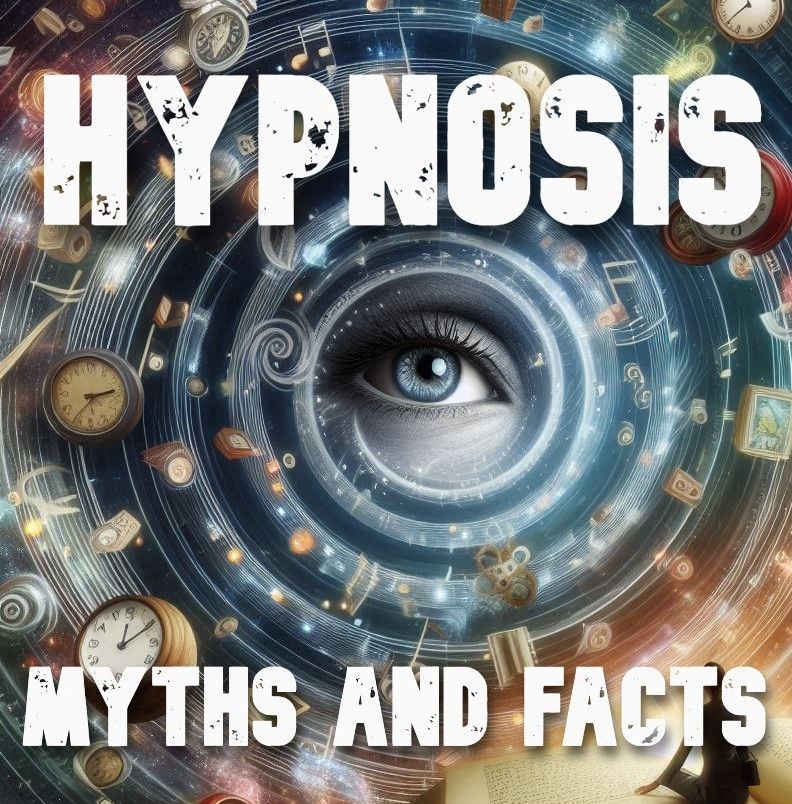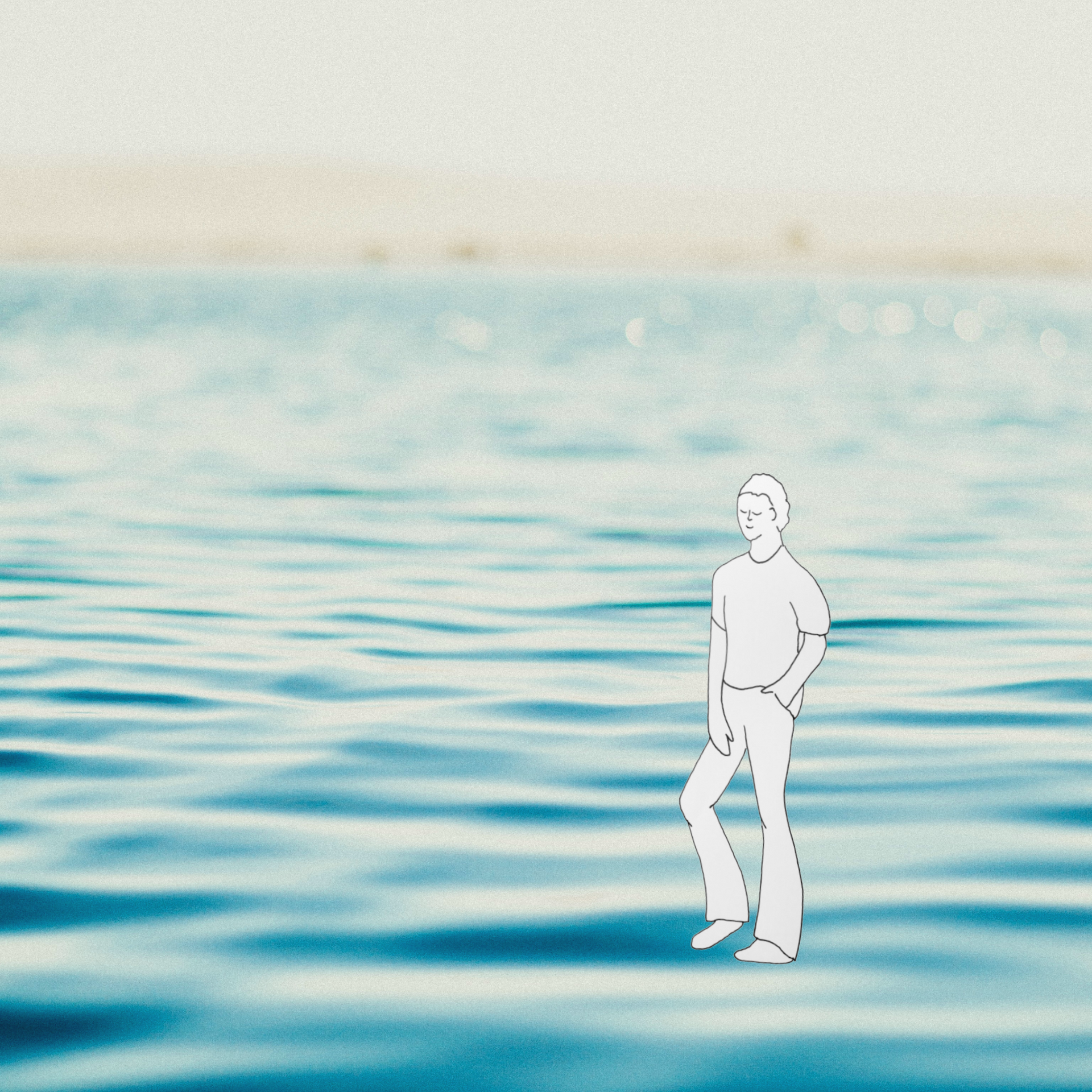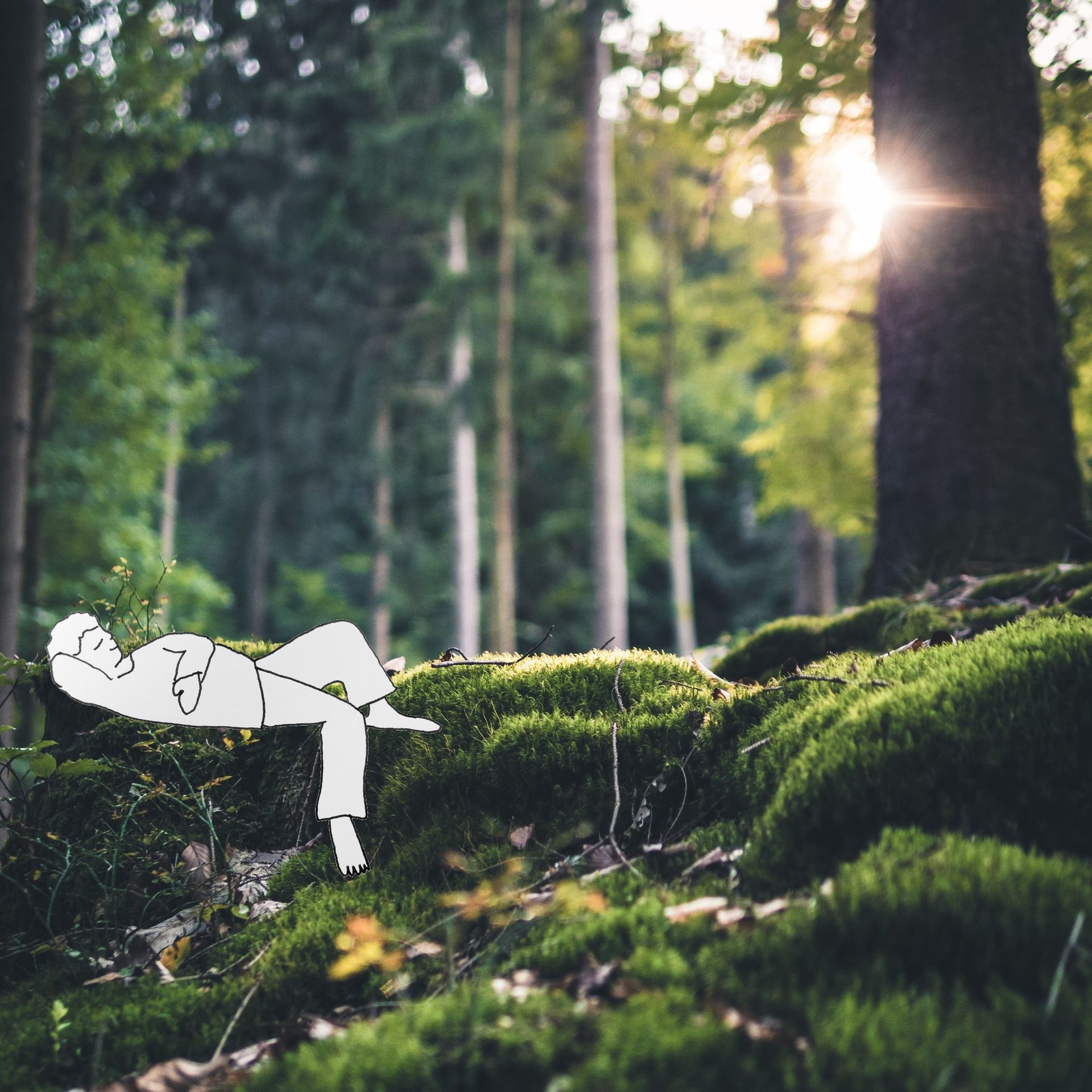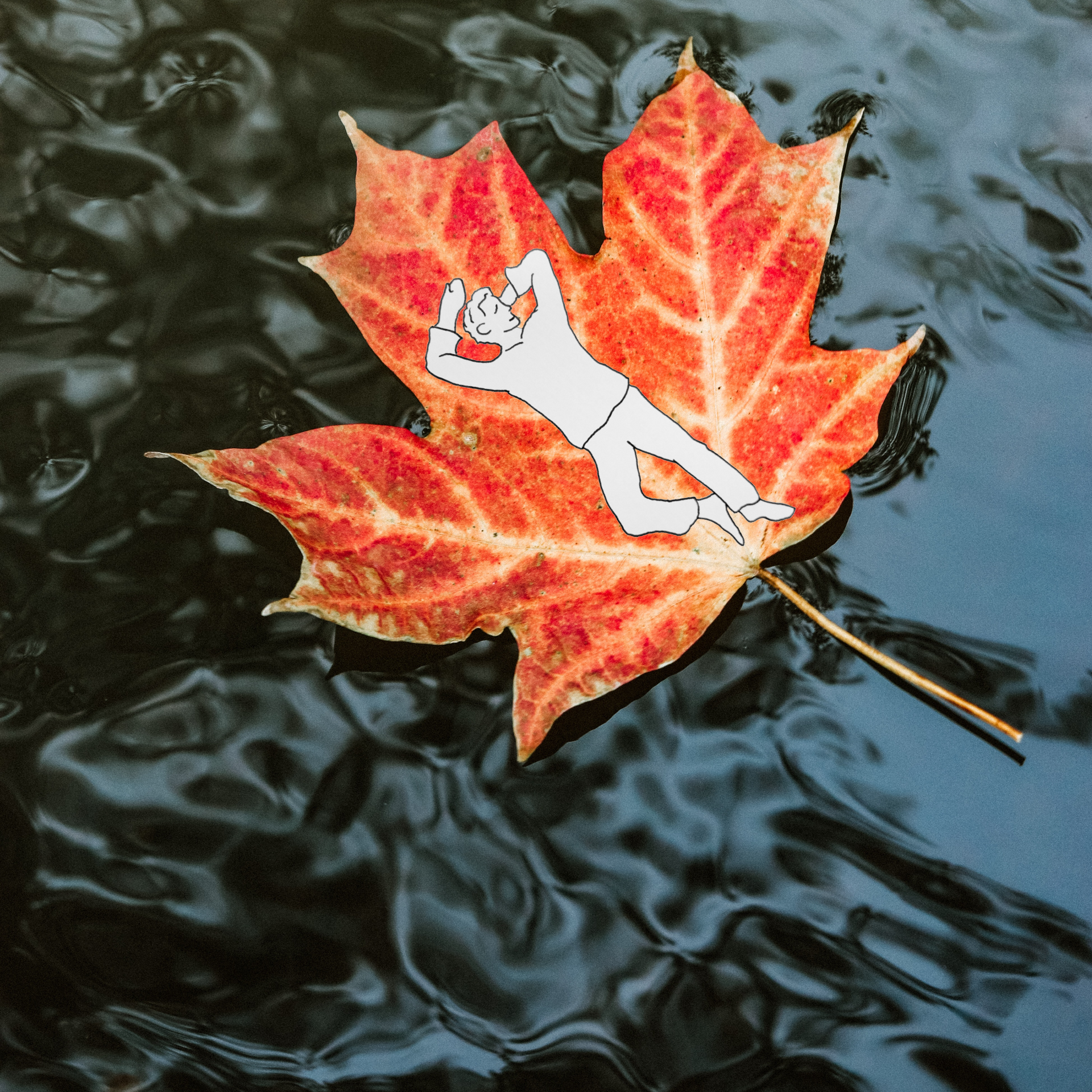How nature can ease anxiety
Mental health foundation’s top tips on connecting with nature to improve your mental health

There’s a lot of good research to support the role nature can play in protecting and supporting our mental health.
For many of us though, 'being in nature’ may not be as easy as it sounds.
The good news is, you don’t have to climb a mountain to feel the benefit – there are lots of simple ways to bring nature into your everyday.
Here are some top tips on how you can build your own connection with nature:
1. Find nature wherever you are
Nature is all around us. It might be a garden, a local park, a nearby beach or open countryside. Even in cities where nature can be harder to find, there are community gardens or courtyards to discover and explore. Look out for the unexpected – an urban fox on your way out for the early shift, changes in the weather or birdsong outside your window. Try to notice nature wherever you are, in whatever way is meaningful for you.
2. Connect with nature using all of your senses.
Taking some quiet time to reflect in natural surroundings using all your senses can be a real boost to your mental health. Whether you’re relaxing in the garden or on your way to work, try listening out for birdsong, look for bees and butterflies, or notice the movement of the clouds. All of these good things in nature can help you to find a sense of calm and joy.
3. Get out into nature
If you can, try to spend time visiting natural places - green spaces like parks, gardens or forests – or blue spaces like the beach, rivers and wetlands. This can help you reduce your risk of mental health problems, lift your mood and help you feel better about things. If it feels daunting to get outside, try going with a friend or relative, or picking somewhere familiar.
4. Bring nature to you
Sometimes it’s hard to access natural places because of where you live, how busy you are, how safe you feel or your health. Why not try bringing nature into your home? Having plants in the house is a great way to have something natural to see, touch and smell – pots of herbs from the supermarket are a good start.
If you have a garden, allotment or balcony, think about how you can make the most of it. Grow flowers, plants or vegetables, get a bird feeder and take in the sights and sounds around you.
If planting isn’t your thing, you can also connect to nature through stories, art and sound recordings. Watching films or TV programmes about nature are also great way to connect with and reflect on nature.
5. Exercise in nature
If you're physically able to exercise, try to do it outside – whether it’s a run, cycle or a short walk. Walking or running outdoors in nature may help to prevent or reduce feelings of anger, tiredness and sadness. Try leaving the headphones at home – unless you’re listening to nature sounds of course! Or why not try new routes that bring you closer to green spaces or water?
6. Combine nature with creativity
Try combining creativity with your natural environment. This could involve taking part in creative activities outside, like dance, music, or art. All of these things can help reduce stress and improve your mood. You could also increase your sense of connection by taking photos, writing, drawing or painting pictures of the landscape, plants or animals. Noticing the beauty of nature and expressing this creatively can help you find meaning and an emotional connection to nature that will stay with you for a lifetime.
7. Protect nature
Taking care of something can be a really great way to feel good. And what better thing to take care of than nature? Nature is truly amazing – do what you can to look after nature - in your actions and choices. This can be as simple as recycling, walking instead of driving, or even joining community conservation or clean-up groups. Taking care of nature can help you feel that you're doing your part, and that can make you feel more positive all round.


















